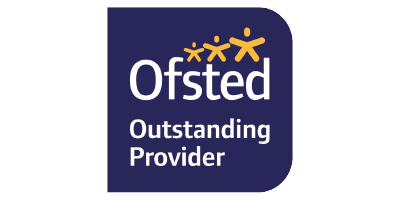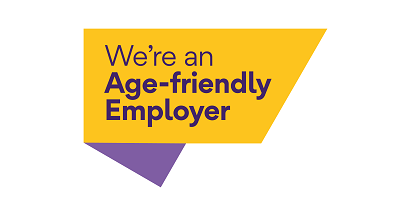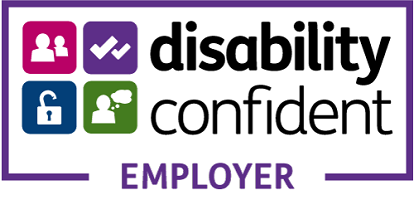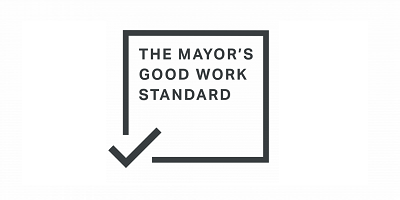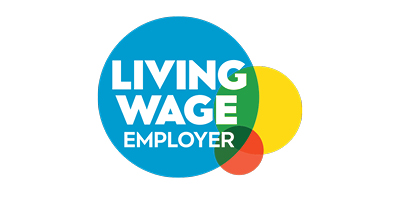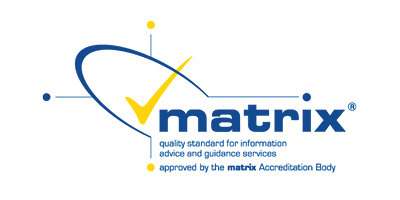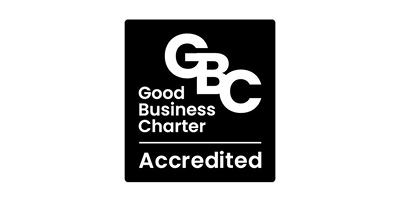This qualification is designed to teach individuals the safe and efficient operation of counterbalance forklift trucks. Whether you are new to the industry or refreshing your existing skills, the course equips you with the knowledge and confidence to operate safely in a workplace setting.
-
About the Course
The RTITB Counterbalance Truck Training provides learners with both theoretical knowledge and hands-on experience in forklift truck operations. The course covers essential safety practices, load handling, and operational checks, ensuring participants meet the high standards of professionalism demanded within warehousing, logistics, and storage industries.
This qualification is particularly valuable for individuals starting careers in warehousing and storage roles, where operating forklift trucks is a key responsibility. It is also a strong asset for anyone looking to improve their employability in transport, logistics, or supply chain environments.
The course is accredited by the RTITB (Road Transport Industry Training Board), a globally recognized body known for its rigorous and respected standards in forklift training. This ensures that learners receive industry-approved certification that is widely acknowledged by employers.
-
Additional Costs
Additional Fees
Novice: £720
Refresher: £160
-
Entry Requirements
-
Minimum age restrictions apply as specified in road traffic legislation.
-
If forklift trucks are operated on public roads, the appropriate driving licence must be held, depending on vehicle weight.
-
Goods vehicles weighing over 3.5 tonnes but less than 7.5 tonnes may be driven from age 18.
-
Goods vehicles weighing over 7.5 tonnes may be driven from age 21.
-
-
No prior forklift experience is required for the novice course.
-
-
Progression
-
Successful learners may progress to further training such as:
-
Reach Truck Training (for those seeking to broaden their skills).
-
Full Employment opportunities within warehousing, logistics, and storage sectors.
-
-
-
Assessment Method
You will be assessed by practical assessments and building a portfolio of evidence.

